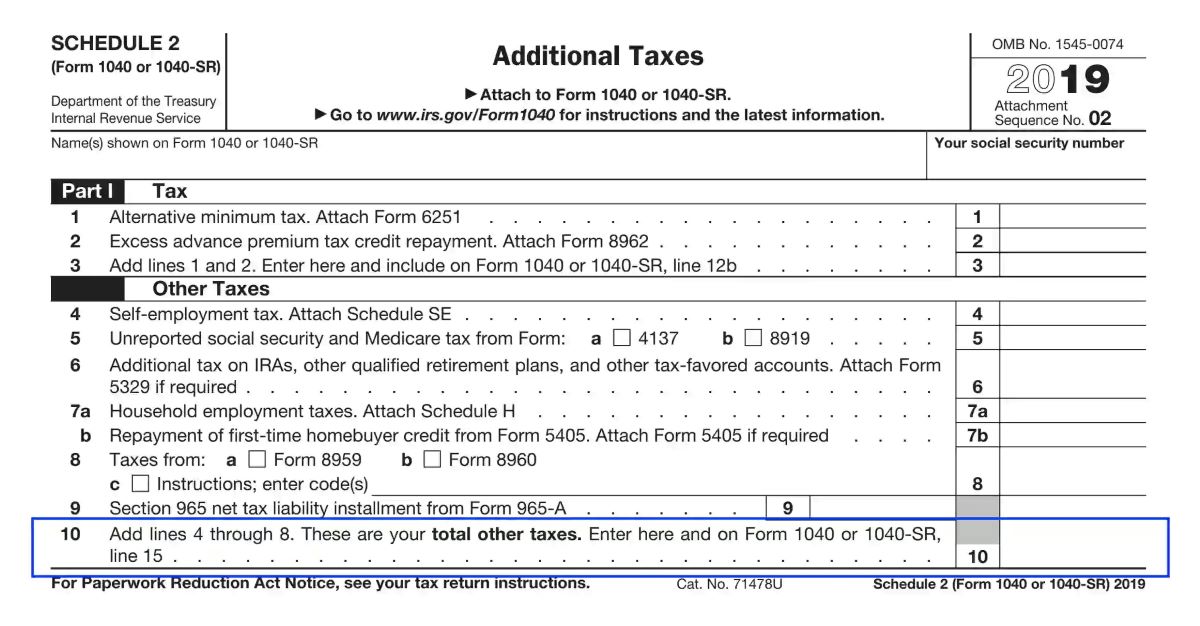Home>Finance>What Is A Banking Holiday? Definition, Schedule, And Impact


Finance
What Is A Banking Holiday? Definition, Schedule, And Impact
Published: October 13, 2023
Find out what a banking holiday is, its definition, schedule, and how it impacts the world of finance. Stay informed and understand the importance of these holidays.
(Many of the links in this article redirect to a specific reviewed product. Your purchase of these products through affiliate links helps to generate commission for LiveWell, at no extra cost. Learn more)
Understanding Banking Holidays: What You Need to Know
Have you ever wondered why banks sometimes close unexpectedly? Or why your local branch isn’t open on certain days? Well, you might be experiencing a banking holiday. In this article, we’ll delve into the definition of a banking holiday, explore common schedules, and discuss the impact these holidays can have on your finances. So, let’s dive in and uncover the facts about banking holidays.
Key Takeaways:
- A banking holiday is a day when financial institutions, such as banks, credit unions, and other related organizations, cease their regular operations temporarily.
- Banking holidays can be predetermined and recurring annually or may be declared spontaneously due to unforeseen circumstances like natural disasters or financial crises.
What is a Banking Holiday?
A banking holiday is a day when financial institutions suspend their regular operations temporarily. During these holidays, banks and related institutions close their doors to the public and halt services such as processing transactions, opening new accounts, and providing customer assistance. These holidays are often scheduled in advance, allowing customers and businesses to plan accordingly.
Banking holidays serve various purposes, such as giving employees a well-deserved break, conducting system maintenance and upgrades, or observing traditional or religious events. They are crucial in ensuring the smooth functioning of financial institutions, facilitating necessary administrative tasks, and ensuring that employees have work-life balance.
Common Schedule of Banking Holidays
The schedule of banking holidays varies from country to country, as well as between states or provinces within a country. In the United States, for example, banks usually close on major federal holidays, including:
- New Year’s Day
- Martin Luther King Jr. Day
- Presidents’ Day
- Memorial Day
- Independence Day
- Labor Day
- Columbus Day
- Veterans Day
- Thanksgiving Day
- Christmas Day
However, it’s important to note that not all banks and financial institutions follow these exact holiday schedules, as some may choose to stay open on certain holidays or observe additional days.
The Impact of Banking Holidays on Your Finances
Banking holidays can have an impact on your finances, especially if they coincide with important financial deadlines, such as bill payments or loan due dates. Here are a few potential impacts to consider:
- Delayed Transactions: If you need to make a payment or transfer funds on a banking holiday, the transaction will likely be postponed until the next business day. This delay could affect the timing of bill payments or other financial obligations. It’s essential to plan ahead and ensure you have enough funds in your account to cover any automatic payments or scheduled transfers.
- Cash Flow Management: If you rely on cash withdrawals or deposits from your bank, a banking holiday can disrupt your cash flow. Make sure to anticipate any potential delays and plan accordingly to avoid any inconvenience.
In conclusion, banking holidays are temporary closures of financial institutions that allow employees to take a break, conduct necessary administrative tasks, and observe important events. Understanding the schedule of banking holidays and their potential impact on your finances can help you plan effectively and avoid any disruptions. Remember to stay informed about the specific holiday schedules of your bank or credit union, and plan your financial activities accordingly.














